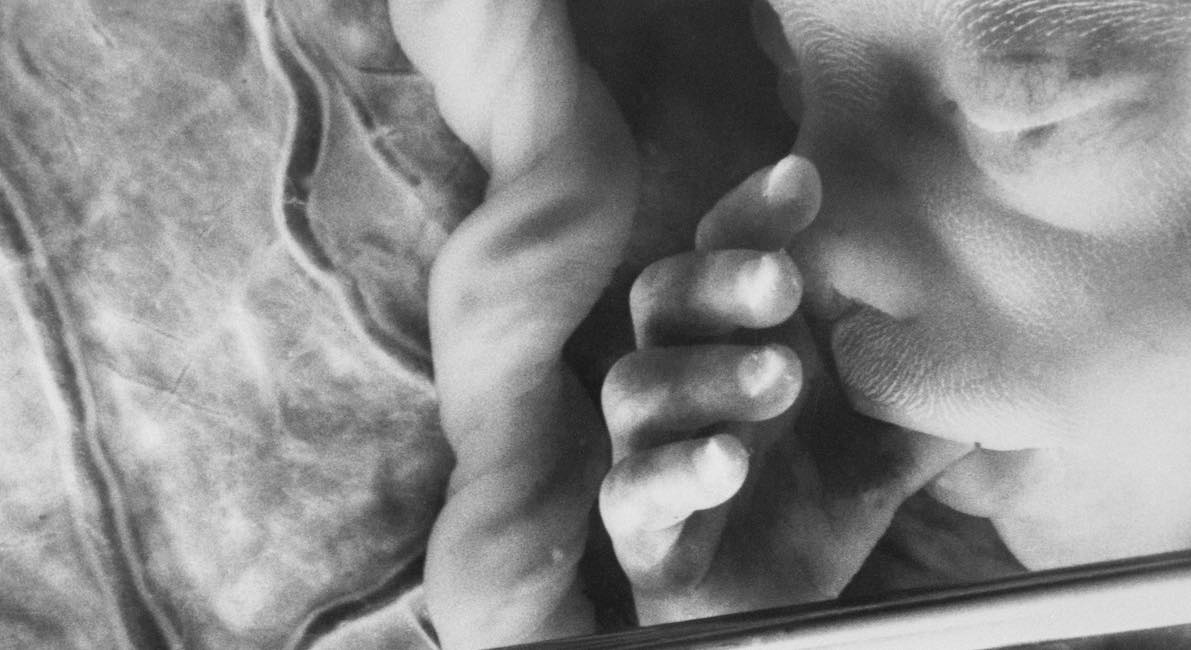A recent article in Cosmopolitan magazine decried the many ways that “reproductive rights are currently being restricted.” We know that “reproductive rights” primarily means abortion in the lexicon of the mainstream media. But one line from the article was particularly striking for its tone-deaf, scientifically illiterate irony. Under the heading,”Some states will prosecute you for feticide,” the author claimed, “Feticide laws are meant to protect pregnant people and their fetuses from assault, but anti-abortion groups use them as a way of giving a fetus the same rights as a human being.”
While the author seems to agree that “pregnant people and their fetuses” deserve to be protected “from assault” under the law, she also believes that the law is right to allow the deliberate killing of a preborn child at the request of his or her mother. Mind-boggling mental gymnastics are required to maintain these dissonant ideas simultaneously.
Wantedness does not determine humanity
This line of thinking is based on the false idea that “wantedness” determines humanity, and that the state of being “wanted” by one’s biological mother is the only legitimate criterion to determine whether a preborn child deserves to live or die. Yet “wantedness” is an entirely subjective, arbitrary criterion that could change at any time. Our society does not apply “wantedness” as a criterion for whether born children live or die, and it should not use this criterion to decide life or death for children not yet born. Our state of “wantedness” can change at any time, whether preborn or born. Does that, then, determine our dignity, our value, or our worthiness to be respected and loved by others? Obviously, the answer is no. Our value does not depend on the emotions of those around us, and “wantedness” is a poor barometer of worth in any society.
As Trent Horn notes in “Persuasive Pro-Life: How to Talk About Our Culture’s Toughest Issue,” the pro-life position is logically consistent, understanding that “the fair thing to do is to give equal protection to both wanted and unwanted unborn children and protect all of them from being aborted.”
At Stand to Reason, Steve Wagner also succinctly summarizes the case for the humanity of the preborn with a series of three questions: 1) If it’s growing, isn’t it alive? 2) If it has human parents, isn’t it human? and 3) Human beings like you and me are valuable, aren’t we?
READ: Pro-lifers are motivated by the idea of human rights for all, not by religion or hatred of women
Feelings do not determine humanity
The second half of the Cosmopolitan quote states, “[A]nti-abortion groups use (feticide laws) as a way of giving a fetus the same rights as a human being.” This claim deserves a dishonorable mention as well, as the author seems oblivious to the fact that fetuses growing in the wombs of their human mothers are, in fact, human beings. Life begins at fertilization. Medical experts attest to this. The Endowment for Human Development notes that “[b]iologically speaking, fertilization is the beginning of human development.” Despite this, many continue to claim that feelings determine humanity. Those people might not realize it, but they are standing in opposition to the science of human development.
Location and level of development do not determine humanity
However, if the author is not ignorant of the science of human development, perhaps she mistakenly believes that because preborn humans are not yet born, they do not deserve the same rights as born humans. In other words, she believes location and/or level of development determines someone’s humanity. This is also false. As Stand to Reason notes:
A four year-old girl can’t bear children because her reproductive system is less developed than a fourteen year-old girl. That doesn’t disqualify her from personhood… [and] [i]f changing your environment can’t change your fundamental status, then being inside or outside a uterus can’t be relevant either. How could a 7-inch journey through the birth canal magically transform a value-less human into a valuable person?
Unfortunately, some do believe that a preborn child’s rights are superseded by the rights of his or her mother. This “bodily rights” argument for abortion essentially says, “It doesn’t matter whether the unborn are human or not. What matters is that women have a fundamental right to control what happens within their bodies, and therefore abortion should be legal for that reason.” (Horn, p. 154) The flaws in this argument are addressed in greater detail here, and the pro-life response is well summarized as, “pro-lifers want a woman to have the right to control her own body, to make informed health care decisions, and to have help when needed — all of which can be done without inflicting violence on another living human.”
Cosmopolitan is right on two counts: Pro-lifers agree that “pregnant people and their fetuses” deserve to be legally protected from assault, and that an assault on that life necessitates consequences. Pro-lifers also believe that preborn human beings should have the same right to life as other human beings.
The pro-life view on these human lives is the only logically coherent and consistent one.
Source: Horn, Trent. Persuasive Pro-Life: How to Talk About Our Culture’s Toughest Issue. Catholic Answers, 2014.
“Like” Live Action News on Facebook for more pro-life news and commentary!







